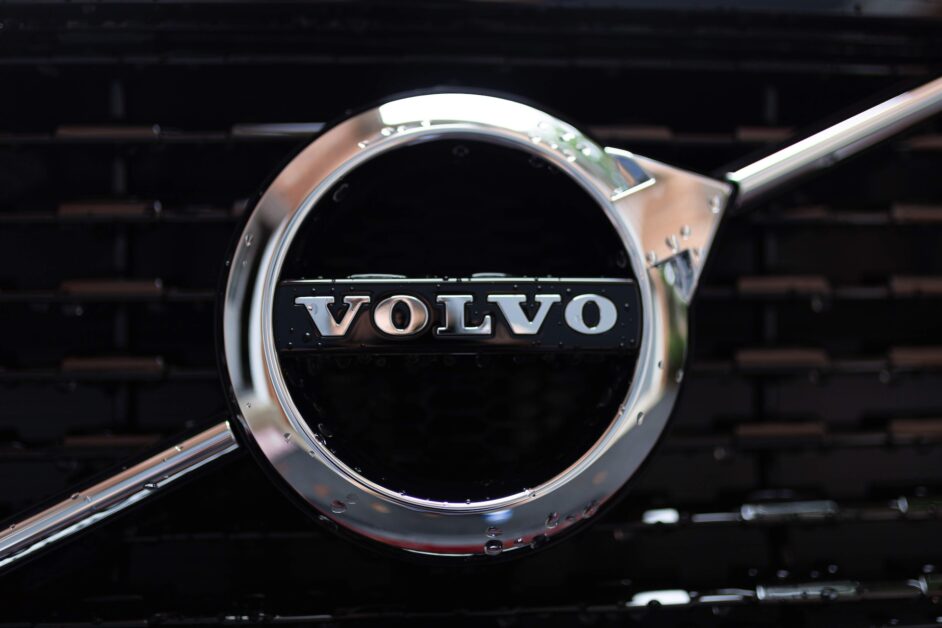
Volvo, a Swedish multinational luxury vehicle manufacturer, is known for its emphasis on safety, Swedish design heritage, and innovation. Established in 1927 in Gothenburg, Sweden, it has made significant strides in the automotive industry, particularly in the development of SUVs, station wagons, and sedans. The company’s history is marked by its separation from the Volvo Group in 1999 and its acquisition by Geely in 2010.
History: Founded by Assar Gabrielsson and Gustav Larson, Volvo’s initial focus was on durability and safety. The first car, the Volvo ÖV 4, left the assembly line in 1927. Over the years, Volvo developed a reputation for safety and robustness, with significant models like the Volvo PV444 and PV544 marking their entry into the U.S. market in 1955. Volvo’s expansion included the opening of the Volvo Halifax Assembly in Canada and plants in Belgium and Sweden.
Ford Era and Geely Ownership: In 1999, Volvo Cars was sold to Ford Motor Company, becoming part of Ford’s Premier Automotive Group. This era saw an expansion of Volvo’s model range. In 2010, Ford sold Volvo Cars to Geely, a Chinese multinational automotive company. Under Geely, Volvo has refocused on electrification and new technologies, with significant investments in electric vehicles.
Electrification and Future Vision: In 2021, Volvo announced its plans to become a fully electric car brand by 2030, signifying a shift away from internal combustion engines. Volvo has been a pioneer in developing electric and hybrid vehicles, including the introduction of the Volvo ReCharge concept and the C30 DRIVe Electric.
Safety Innovations: Volvo has been synonymous with automotive safety, introducing numerous innovations such as the three-point safety belt, side impact protection system, and the WHIPS whiplash protection system. These innovations highlight Volvo’s commitment to safety, which remains a core aspect of their vehicle design.
Subsidiaries and Joint Ventures: Volvo Cars holds significant stakes in various subsidiaries and joint ventures, including Polestar, Lynk & Co, and Zenseact, reflecting its strategy to expand its footprint in the automotive sector and beyond.
Global Operations: Volvo Cars has a global presence with manufacturing facilities in Sweden, Belgium, China, Malaysia, India, and the United States. This international footprint allows Volvo to cater to a global market with a diverse range of automotive needs and preferences.
